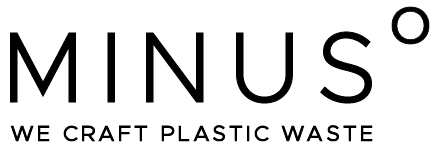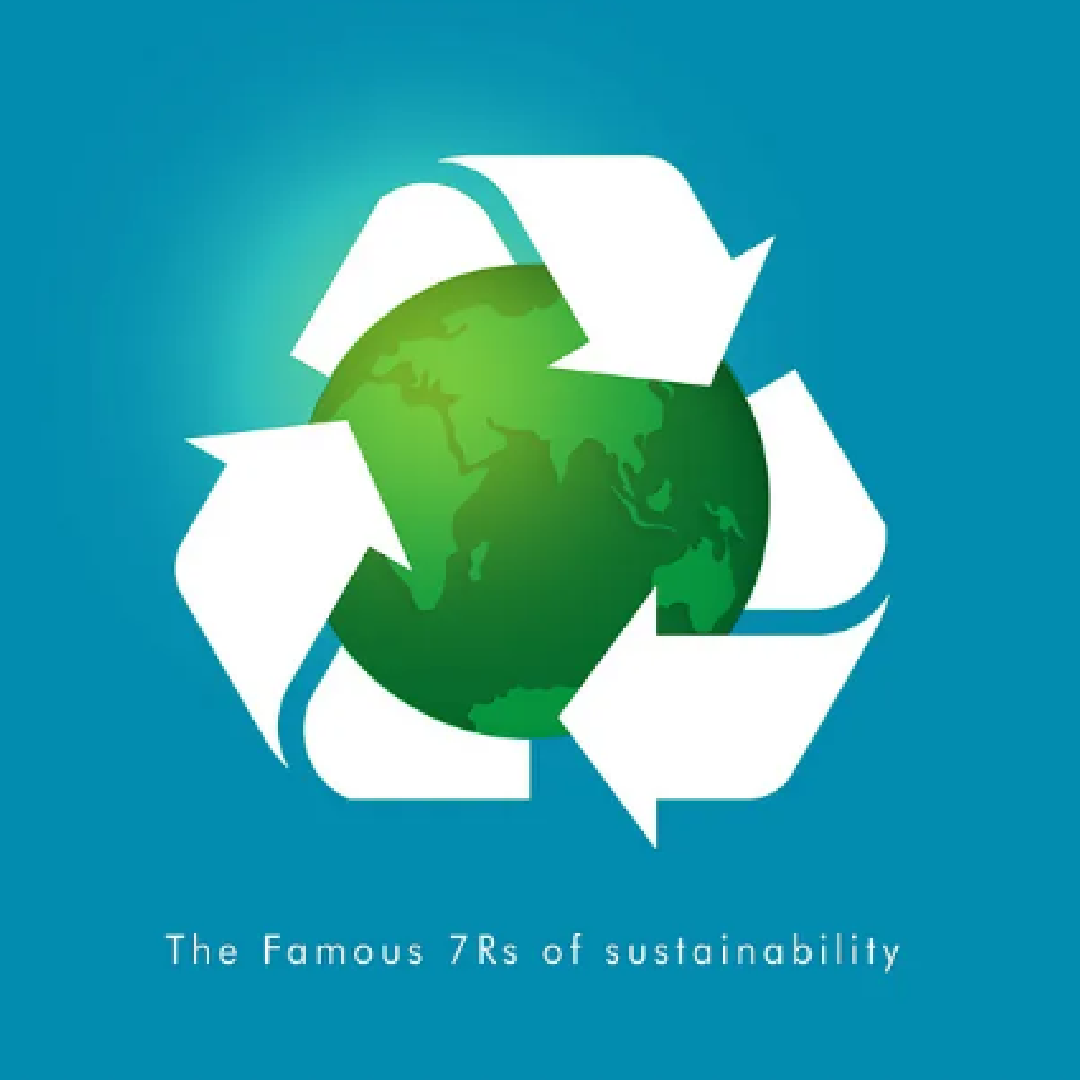Don’t be useless, Only Use Less!
It’s only one plastic bottle, said 8 billion people. It’s just a matter of 5 minutes while I brush my teeth so let the tap run, said 8 billion people.
We understand the depth of these quotes when we’re relaxing. but will it not be helpful if we all realize it at the needed moment itself?
Sustainability is the ability to meet the current needs without compromising the lifestyle of the future generation. It can refer to environmental, social, and economic sustainability, and often involves making choices, and taking actions that balance short-term and long-term benefits or risks. Achieving a balance in consumption means finding a balance in meeting our current needs and wants. This can involve making more sustainable choices, such as choosing products that are made from recycled materials, or that can be easily recycled after use.
What’s the one crucial thing in the waste management procedure that maintains a perfect balance in consumption? Is it time to go back to our fourth grade? We’ve all known the 3 Rs of Sustainability.
Reduce, Reuse, and Recycle
But before that, let’s talk about the types of consumers, at present, there are 2 types of consumers. The first one is a ‘Normal’ consumer, who doesn’t care about what will harm the environment. The second one is a ‘Green’ consumer, who demands or chooses products that are less or not at all harmful to the environment. Some people want to go sustainable in all their actions. But more people want to pretend that they’re sustainable with their steps.
Green Consumerism is related to sustainable customer behavior which has evolved as the 7 R’s of sustainability. Reduce, Reuse, and Recycle are now accompanied by Refuse, Rethink, Repair, and Re-Gift
- Rethink- Take a moment to consider your needs and wants. Think before buying something, throwing something, wearing something, etc., that can harm the environment. Think about the type of consumer you want to become.
- Refuse- It’s just a matter of saying No and not accepting what is being given to you. Take a moment to teach a lesson to a person who asks for polythene even after the shopkeeper denies to give one.
- Reduce- Will the world end if you’ll end up having a lesser number of dresses as compared to your ‘normal’ consumer friend? Reduce shopping. Reduce the number of carry bags. Try to borrow stuff instead of buying. Stop dumping stuff in the garbage and start donating/selling products that are no longer in need.
- Reuse- Isn’t it fashionable to collect Keventer’s Milkshake bottles at home? Come on, we all have been reusing stuff for ages.
- Repair- Our culture has been called a ‘throwaway society’ because more items end up in landfills than need to. We all have seen our fathers trying to repair stuff at home and we say “Kya papa yaar, Naya lelete hai na”. It’s high time to understand that repairing is a better option than shopping for a new one because “Old is Gold”. The quality of the product that you have, might be better than the product you might get in today’s market.
- Re-Gift- We often feel conscious about gifting someone a thing that was once gifted to us. But isn’t it great that if we aren’t using that particular thing, we gift it to someone who gives it worth?
- Recycle- Recycling means collecting, treating/process, and reuse materials that would otherwise be considered waste. For example, recycling paper to save trees, glass is used for roads, and plastics are melted to make new products.
We need to start limiting every activity we do with our environment. However, many people are being misled by the concept of ‘Green Washing’ which is an act of providing the public with misleading or outright false information about the environmental impact of a company’s products and operations.
Greenwashing is a play on the term ‘whitewashing’ which means using false information to intentionally hide wrongdoing, error, or an unpleasant situation in an attempt to make it seem less bad than it is.
While it’s good that businesses are going sustainable one by one, the question is, are they really? Or the word “Sustainable” is just another marketing tool? What are your thoughts?

